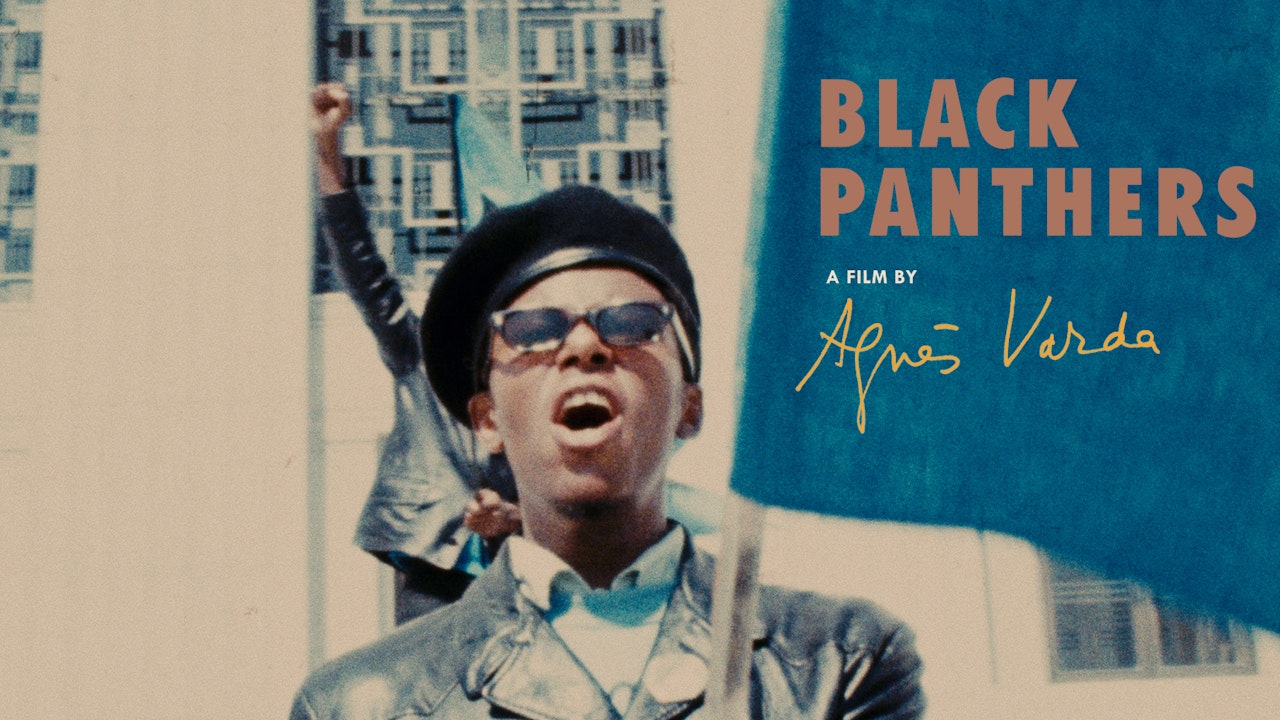In the distant past of April 2020, Chris and I dove deep into an episode of our podcast Cinema Dual on the films of French filmmaker Agnès Varda. Though technically not my first experience with Varda, that week of watching Varda’s movies was eye-opening, to such an extent that when Criterion announced they were going to release a Blu Ray box set of her complete filmography, I jumped at the chance to catch up on everything I had missed. Each post will cover 1 of the 15 discs in the set.
For all of the struggles Agnès Varda would experience with the Hollywood establishment in the context of her career as a filmmaker, she never let those experiences go to waste. Indeed, the majority of her “California” work was produced over a couple of trips, one in 1968 and another in 1979, and was borne out of professional and even personal challenges. The first trip in 1968 saw Varda trying to get a film project off the ground while her husband Jacques Demy similarly was attempting his own Hollywood breakthrough. The second trip in 1979 saw Varda set out by herself (and her son) on a film project that would almost immediately collapse.

The feature length Lions Love (…and Lies) (1969), insofar as it could be said to have any plot, concerns an independent filmmaker played by Shirley Clarke, struggling to get a film produced and falls into despair when the studio she works with refuses to give her final cut in the project. This thread culminates in the most striking moment in the film, where Clarke breaks character and walks off the camera while it is still rolling and explains to Varda off-screen that she couldn’t bring herself to act out a suicide on film because to her mind, she’d never kill herself over a failed art project. It’s suggested that Varda put on Clarke’s outfit and finish the scene herself, which she does.
It’s a shame that that moment exists in a movie that, otherwise filled with counter-cultural symbols, fails to elicit much emotional response. Her short films from this trip more successfully evoke what was so exciting about being in that place and time. Uncle Yanco (1968) is a short film about Varda’s trip to the Bay Area to meet an extended family relation she’d never met. Through the premise of documenting their first meeting, Varda not only brings the viewer to know Yanco the elderly painter and philosopher, but also how the young people of the area seem to look up to him. A handful of colorful images and playful editing moves help to give life to the ideas briefly touched on.
Varda really shines through in her 28-minute short film Black Panthers (1968). Not far from her uncle Yanco over in Oakland, the Black Panther Party were protesting the arrest of Huey P Newton. Sharing similar political leanings Varda took a camera to interview various members, including a sit-down chat with Newton himself. Varda wisely decides to tone down the visual trickery, and simply lets the Panthers present themselves, their goals and ideologies, on their own terms. In reality, it should be viewed as a historical document, as it is amongst the first (if not the first) pieces of western media to not try to reduce the Panthers to sound bites meant to terrify white people on the news.

Of course, the fact that Varda was a French white woman does give the documentary a slight feeling of distance from her subjects, even as she empathizes with them. This feeling would only be amplified in her second big California trip. Temporarily separated from Demy, raising her son alone and piecing together another failed movie project, Varda would channel those feelings into a pair of feature films that, although different in form, are meant to work in tandem. The fictional film Documenteur (1981) concerns a woman named Emilie trying to keep her personal and professional lives afloat in the wake of her divorce. Emilie is played by Sabine Mamou, and Emilie’s young son is played by Varda’s own son, Mathieu Demy. As she wanders the neighborhood looking for an apartment, she’s constantly surrounded by people, but still fantasizes about her ex-husband, and feels alone.
Sharing some imagery and most of the same artistic collaborators (including Mamou as editor) is the excellent documentary Mur Murs (1981) Here, Varda ponders the various murals in her surrounding neighborhood, especially those of the Black and Hispanic communities. Similar questions of racial and class oppression arise again here, and Varda’s ability to find and take interest in people on society’s margins is going to be a big ongoing theme in this series. Taken as a pair of films (Documenteur’s Emilie eventually gets a job working on a movie that is hinted to be Mur Murs), you see the tension of Varda’s experiences of isolation bumping up against her genuine interest in the people around her.
Next time: Her Body, Herself
-Jon


Leave a comment